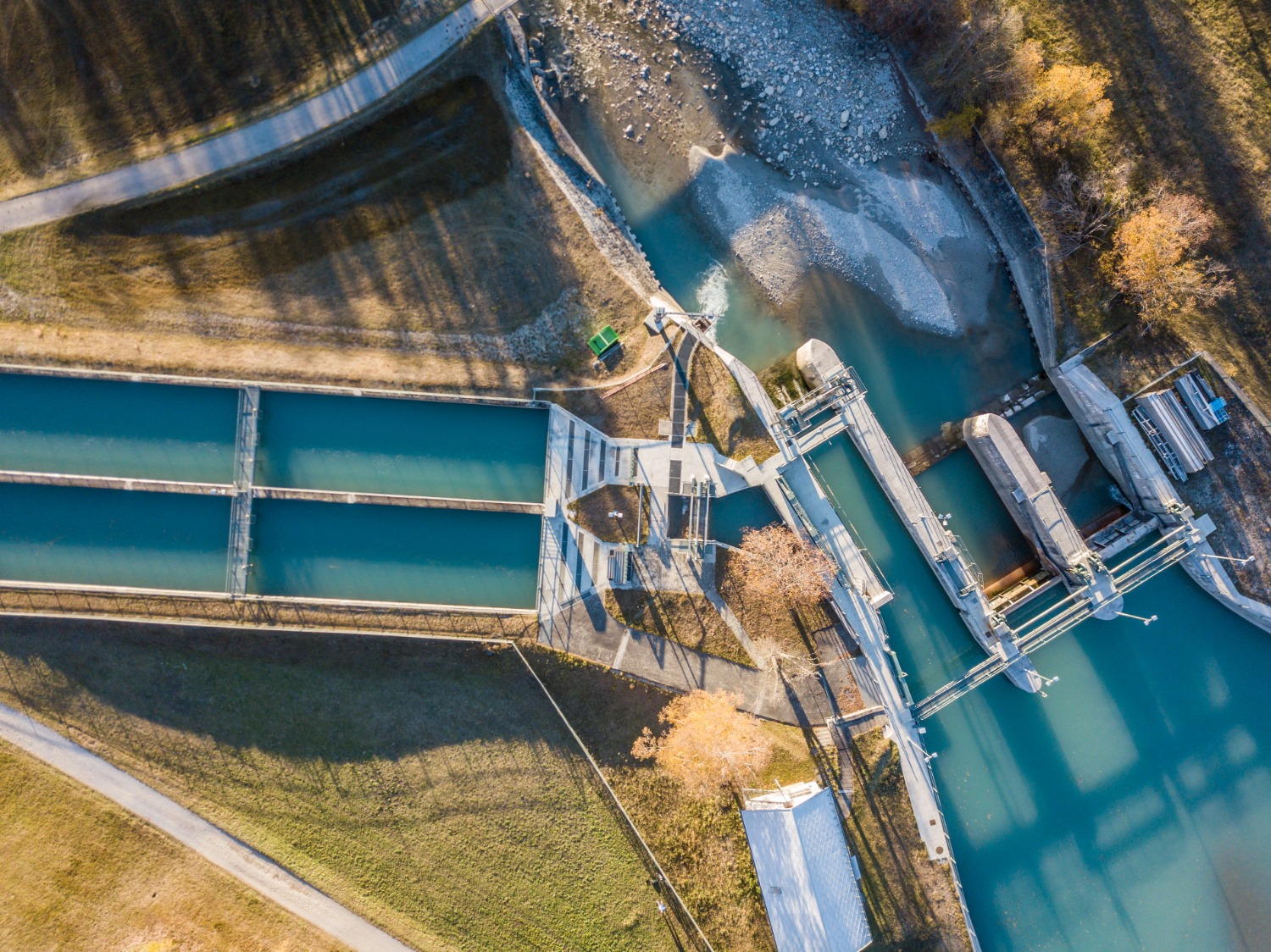Maintaining a water plant is critical to ensuring clean, safe water for communities. One key aspect of running a water plant efficiently is understanding process mechanical systems. These include pumps, filtration systems, and other components that keep the plant operating smoothly.
In this article, we will explore some top process mechanical tips for water plants, focusing on best practices for pump maintenance, optimizing filtration systems, essential safety tips, and the latest innovations in the field. Following these tips, water plants can ensure they provide the highest quality water while operating efficiently.
Best Practices for Pump Maintenance in Water Plants
Keeping pumps in good condition is crucial for the smooth operation of water plants. The entire process can halt if pumps fail, affecting the water supply. Here are some best practices for pump maintenance:
Regular Inspections
Regular inspections should be conducted to identify potential issues before they become serious. Look for signs of wear and tear, leaks, and unusual noises. Regular inspections help catch minor problems early.
Lubrication
Proper lubrication is essential to keep pumps running smoothly. Make sure to use the correct type of lubricant and follow the manufacturer’s recommendations. Lubricate all moving parts to reduce friction and prevent overheating.
Cleaning
Keep the pumps clean to ensure they operate efficiently. Remove any debris or buildup that could impede the pump’s performance. Regular cleaning prevents clogs and maintains optimal flow rates.
Monitor Performance
Use monitoring tools to monitor the pump’s performance. Measure the flow rate, pressure, and power consumption. If you notice any significant changes, investigate and address the issue promptly.
Scheduled Maintenance
Create a maintenance schedule and stick to it. Scheduled maintenance ensures that all pump parts are in good working order. Tasks should include changing filters, checking seals, and tightening bolts.
Optimizing Filtration Systems for Efficiency
Efficient filtration systems are essential for removing impurities and ensuring water quality. Here are some tips to optimize your filtration systems:
Choosing the Right Filters
Select filters that meet the specific needs of your water plant. Consider factors like the type of impurities in the water, flow rate, and the required level of filtration. The suitable filters ensure the effective removal of contaminants.
Regular Filter Replacements
Replace filters regularly to maintain their efficiency. Overused filters can become clogged and reduce the system’s effectiveness. Follow the manufacturer’s guidelines for replacement intervals.
Backwashing Filters
Perform backwashing to clean filters and restore their efficiency. Backwashing reverses the flow of water through the filter, removing trapped particles. Schedule regular backwashing to keep filters in top condition.
Monitoring System Performance
Use sensors and monitoring tools to monitor the filtration system’s performance. Monitor parameters like pressure drop and flow rate. Identifying and addressing issues early can prevent system failures and maintain efficiency.
Preventive Maintenance
Carry out preventive maintenance tasks such as cleaning filter housings, checking seals, and ensuring no leaks. This helps maintain the filtration system’s overall efficiency and prolongs its components’ lifespan.
Following these best practices and optimization tips, water plants can ensure their pumps and filtration systems operate efficiently. This keeps the plant running smoothly and helps deliver clean and safe water to the community.
Essential Safety Tips for Process Mechanical Work
Safety is paramount in process mechanical work at water plants. Following these essential safety tips helps protect workers and ensures smooth operations.
Wear Proper Personal Protective Equipment (PPE)
Always wear the appropriate PPE, including helmets, gloves, goggles, and steel-toed boots. PPE protects you from chemical spills, sharp objects, and falling debris.
Regular Safety Training
Participate in regular safety training sessions. These sessions update you on safety protocols and help you recognize potential hazards. Regular training ensures everyone knows how to handle emergencies effectively.
Lockout/Tagout Procedures
Follow lockout/tagout procedures to prevent accidental equipment start-up during maintenance. These procedures ensure machines are properly shut off and can’t be restarted until complete maintenance.
Safe Handling of Chemicals
Handle chemicals with care to avoid spills and accidents. Always follow the guidelines for storing, using, and disposing of chemicals. Use proper containers and label them correctly to prevent mix-ups.
Maintain Clear Communication
Clear communication ensures everyone is aware of ongoing tasks and potential hazards. Effective communication prevents misunderstandings that could lead to accidents.
Innovations in Process Mechanical Engineering for Water Treatment
Process mechanical engineering for water treatment is constantly evolving with innovations. Here are some of the latest advancements making waves in 2025:
Advanced Sensor Technology
New sensor technologies provide real-time monitoring of water quality and system performance. These sensors instantly detect impurities and operational issues, allowing quick adjustments and maintenance.
Energy-Efficient Equipment
Modern water treatment plants use energy-efficient pumps and filtration systems. These advancements reduce energy consumption and operational costs and minimize the plant’s environmental footprint.
Automated Control Systems
Automated control systems enhance the efficiency of water treatment processes. These systems control and monitor various aspects of the plant, ensuring optimal performance and reducing the need for manual intervention.
Smart Maintenance Tools
Innovative maintenance tools use predictive analytics to foresee equipment failures. These tools schedule maintenance activities to prevent unexpected breakdowns, keeping the plant running smoothly and reducing downtime.
Sustainable Materials
Using eco-friendly and durable materials in construction and maintenance helps improve the sustainability of water treatment plants. These materials reduce waste and environmental impact while ensuring long-lasting performance.
Conclusion
Effective process mechanical practices are essential for the efficient operation of water plants. Regular pump maintenance, optimized filtration systems, strict adherence to safety protocols, and embracing the latest innovations can make a significant difference. These practices ensure that water plants provide clean, safe water and operate smoothly.
Implementing these tips can improve water quality and lower operational costs. It can also create a safer working environment for everyone involved. As water plants evolve, staying updated with the latest advancements and maintaining best practices will keep them running efficiently.
If you need expert advice or assistance with your water treatment construction projects, Industra Construction Corp. is here to help. Contact us today to learn more about our services and how we can support your next project.

















